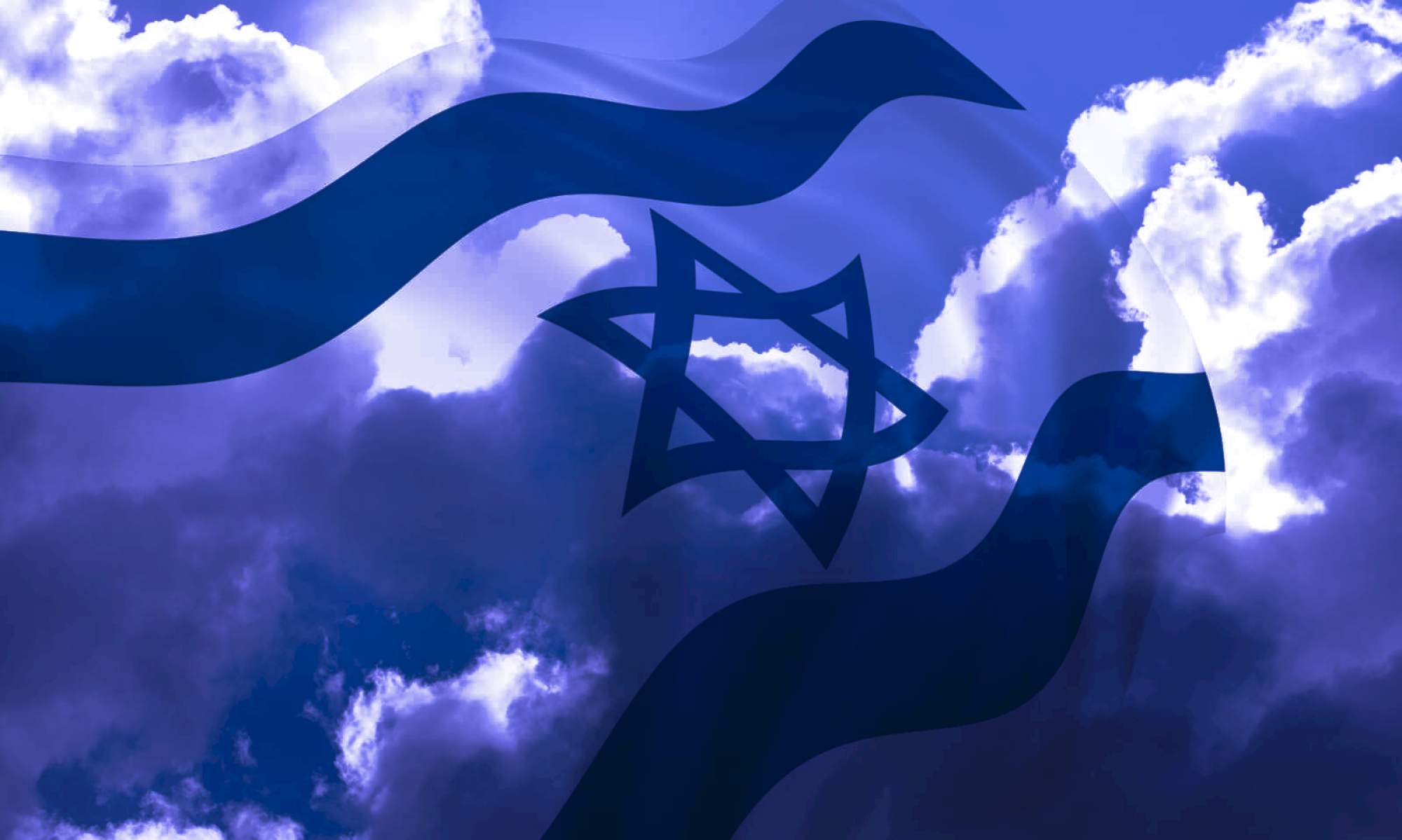
The Israeli Army (IDF) has reopened a field hospital in southern Syria, demonstrating that the country will not abandon its allies, according to Professor Kobi Michael, a researcher at the Misgav Institute for National Security and Zionist Strategy and the Institute for National Security Studies
The action combines security interests, politics, and humanitarian values.
The hospital, located in the Druze town of Hader, near the border with the Golan Heights, was reopened on July 23 by troops from the 210th Division and the IDF Medical Corps.
It provides trauma and general medical care.
Before being temporarily closed due to the war with Iran, the hospital had already treated more than 500 Syrian civilians, according to the IDF.
This initiative is part of a long-standing Israeli policy, a continuation of “Operation Good Neighbor” (2016-2018), which helped thousands of Syrians with medical treatment and provided food, clothing, and fuel to villages affected by the war in Syria.
The reopening of the hospital reflects Israel’s commitment to the Druze community, both Israel’s Druze citizens and the Druze minority in Syria, especially after recent violent attacks against Druze in As-Suwayda province by Syrian regime forces.
“It is a response to Israel’s ethical and historical commitment to its Druze citizens and to the protection of the Druze minority,” said Michael.
He emphasizes that the action demonstrates Israel’s focus on humanitarian aid, without engaging in military action outside the IDF-controlled demilitarized zone.
Michael explains that Israel faces a “triangle of dilemmas”: balancing the country’s security, its commitment to the Druze, and the need for cooperation with a stable and non-hostile Syrian government, aligned with US President Donald Trump’s vision for the region.
On the other hand, Joe Truzman, an analyst at the Foundation for Defense of Democracies, points out that this mission is delicate.
“Israel needs to balance short-term humanitarian aid with long-term security objectives,” he said.
The IDF’s presence in Syria, even if humanitarian, challenges the country’s sovereignty, which could generate tensions with Damascus.
For Truzman, the success of this strategy depends on the Syrian government, led by President Ahmad al-Sharaa, controlling jihadist groups that attack minorities.
If this does not happen, Israel may maintain or even increase its military presence in the region to ensure security.
Therefore, conflict reduction depends more on Syria’s ability to create a reliable security system in the south of the country than on Israel’s intentions.
Without an effective long-term strategy and changes in the behavior of Syrian forces, Israel will likely continue to operate in the region to protect its interests and allies.
Published in 07/31/2025 12h01
Text adapted by AI (Grok) and translated via Google API in the English version. Images from public image libraries or credits in the caption.
Reference article:
| Geoprocessing Drone Systems HPC |

| ERP and CRM Systems Mobile Systems AI |


